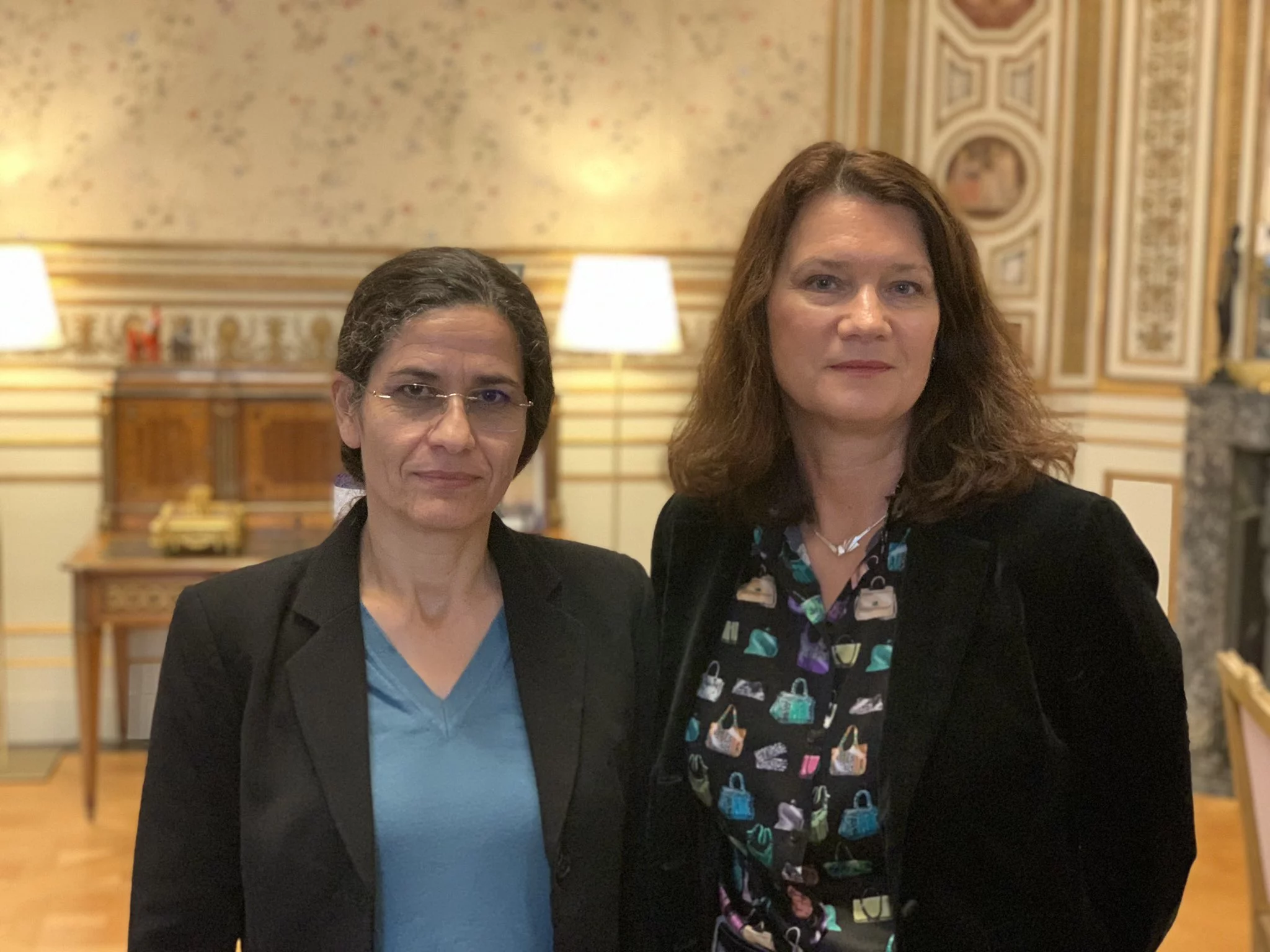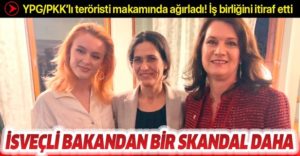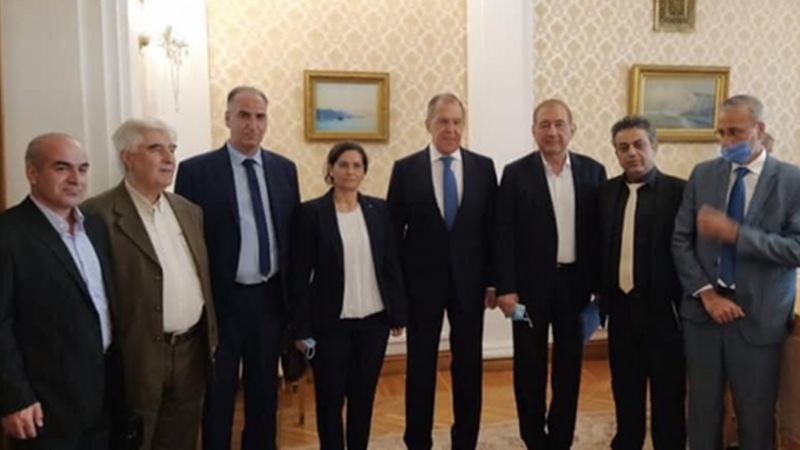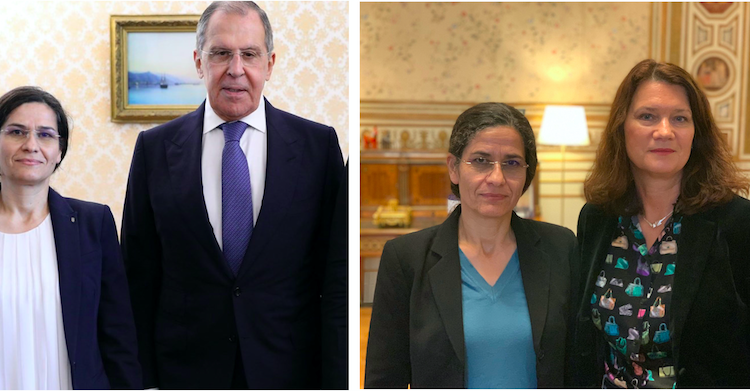Levent Kenez/Stockholm
Turkey opposes the NATO membership of Sweden and Finland on accusations that these two countries support terrorist organizations that harm Turkey’s security. President Recep Tayyip Erdoğan yesterday stated that Sweden in particular has become a place of terrorism and announced once again that Turkey would definitely veto its membership.
With Erdoğan’s targeting of Stockholm, news stories against Sweden have begun to appear in the government-controlled media. Sweden has been criticized especially for its relations with the Syrian Democratic Forces (SDF), which Turkey considers an affiliate of the outlawed Kurdistan Workers’ Party (PKK)
The SDF is led by the People’s Protection Units (YPG), a Kurdish militia group that Turkey says is the Syrian branch of the PKK. Turkey has carried out five military operations in northern Syria between 2017 and 2022 and invaded some areas near the border. Turkey wanted to prevent the YPG from becoming a bigger threat to itself by getting stronger after the YPG achieved military success against the Islamic State in Iraq and Syria (ISIS, or Daesh), which is widely believed to have been supported by Turkey, and recaptured some Kurdish-populated cities.

According to reports in the Turkish media, the YPG has had a communications office in Stockholm since 2016. Sweden is also accused of allowing the PKK and its affiliates to hold demonstrations and marches and to display the organization’s posters and banners on the grounds of freedom of expression.
On March 29, 2021 Swedish Foreign Minister Ann Linde had an online meeting with “Syrian Democratic Council President” Ilham Ahmed. On April 20, 2021 Swedish Defense Minister Peter Hultqvist also held an online meeting with Ferhat Abdi Şahin, one of the YPG commanders and Turkey’s number one enemy in northern Syria.
Linde also attended a discussion session with Member of Parliament Amineh Kakabaveh, who is on Turkey’s black list, at the Swedish Parliament (Riksdag) on March 25, meeting with Nesrin Abdullah, one of the leaders of the YPG.

Turkey also claims to have seized Swedish-made AT-4 anti-tank weapons in its operations against the PKK.
Actually, the SDF opened its first representative office in Moscow in February 2016 under the name of the Autonomous Administration of North and East Syria (AANES), also known as the Rojava administration, a de facto autonomous region in northeastern Syria that is not officially recognized by any state.

In 2020 representatives of the Rojava administration and some Syrian Kurdish politicians were invited to Moscow and received a high-level reception by officials including Foreign Minister Sergei Lavrov. In its official statement Turkey only said it was concerned. However, during the visit, an important declaration was signed by the Kurdish politicians with the approval and knowledge of Russia, which emphasized that the autonomous administration of Rojava was a necessity for Syria, a situation Turkey would never accept.
President Erdoğan has so far not publicly expressed dissatisfaction with Russia’s relations with the Syrian Kurds. Following Russia’s invasion of Ukraine, NATO member Turkey announced that it would not participate in the sanctions imposed on Moscow by the United States and the European Union.












